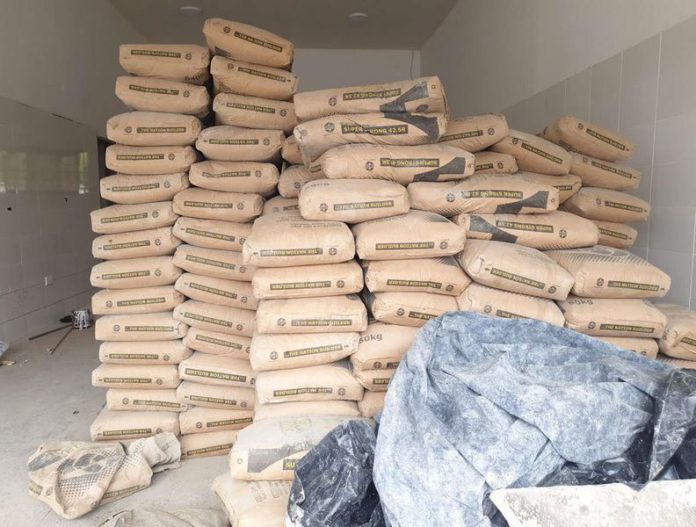The CEO of the Chamber of Cement Manufacturers warns that a proposed Legislative Instrument (LI) to control cement prices if approved, will lead to reduced production.
Dr. George Dawson-Amoah said, “If you force a producer to sell at that price, and it’s not profitable, there’s market distortion.
“He/she would not produce, and if they don’t produce, then there will be a shortage. Is Ghana ready for a cement shortage?”
Speaking to George Wiafe on PM Express Business, he emphasised that the capital-intensive nature of the cement sector would deter investors if prices were forced unprofitably low.
“If you’re going to force me to sell at a price that is not profitable, investment will be curtailed. Don’t forget, we have workers and other costs, so the workers will be affected,” he explained.
Dr Dawson-Amoah accused the government of prioritising political expediency over economic rationale in an election year.
“The thought that went into regulating cement prices is more politically motivated than economic. But we need to ask if Ghana is ready for it. Economically, Ghana is not ready for it,” he stated.
He also questioned the timing, asking why the discussion was not started in 2023 but rather in an election year.
These comments come after months of disagreements between the Chamber and the sector ministry over the proposed LI.
The manufacturers have raised concerns that the instrument would undermine their businesses by failing to address the root causes of cement price escalation.
“The proposed LI undermines fairness, transparency, and inclusive decision-making and fails to address the complex issues driving cement price escalation,” a statement from the Chamber last week read.
The Trade Minister has laid the LI in Parliament, waiting for it to mature and be passed into law.
This move disappointed the Chamber CEO, who said his members and other stakeholders were not consulted before the LI was laid.
On his part, Prof. Alex Dodoo, the Director General of the Ghana Standards Board, argued that it is high time the sector is regulated.
“We have an industry that was never regulated. You begin to regulate it, and players who have been calling the shots to Ghanaians begin to present a different face,” he said.
He disagreed with the claims that the directive is politically motivated.

